Suddenness and the Composition of Poetic Thought
Rowman & Littlefield, US$115 hb, 264 pp
The will to suddenness
When I sit down to write this review on a snowy morning during a ten-day trip to upstate New York, are the words I write pre-planned, is the shape of this piece clear in my head, or is it all coming to me as I place my fingers on the keyboard and grapple with the symbols appearing on the screen? Are the words you are reading at this moment the words that I originally wrote on a Northern Hemisphere winter’s morning, or have they been revised, rethought, planned anew?
The truth is that I have been thinking about this review in an on-again, off-again way for several months. The writing has been interrupted more than once by family crises. What I feel about the book I am reviewing has shifted with each delay. Each return to its pages has been informed by the phenomena of close family bereavements and the way that such grief affects the way the mind functions. To examine the archives of parents who were both writers (one a journalist, one an ever-aspiring poet) is to see evidence in file after file of the way both planning and revision were central to their composition process. To write, for me and for countless other writers, is to revise. First utterances are rarely the words that find their way into final printed form. Even if the broad shape of a sentence, its cadences and meaning, are recognisable between first draft and published version, the work of revision is central to the craft – a process that suggests to me the very opposite of ‘suddenness’.
In his new book, Suddenness and the Composition of Poetic Thought, poet, critic, and ethnographer Paul Magee grapples with versions of these questions, approaching the substantiation of his argument through reference to a body of seventy-five interviews undertaken by him and colleagues with poets from across the Anglosphere. For me, the sign of a critically important book is often that it hurls one between poles of epiphanic agreement (finding a sudden elucidation of experiences familiar from one’s own practice as a writer, for instance) as well as profound disagreement. Magee’s book placed me in such a position as reader: throughout it I found myself in a dynamic state of response, agreeing and disagreeing in nearly equal measure, with nearly equal strength of feeling.
Continue reading for only $10 per month. Subscribe and gain full access to Australian Book Review. Already a subscriber? Sign in. If you need assistance, feel free to contact us.



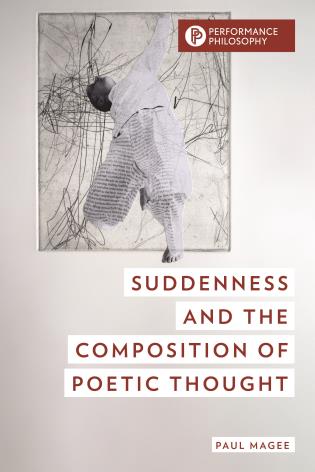
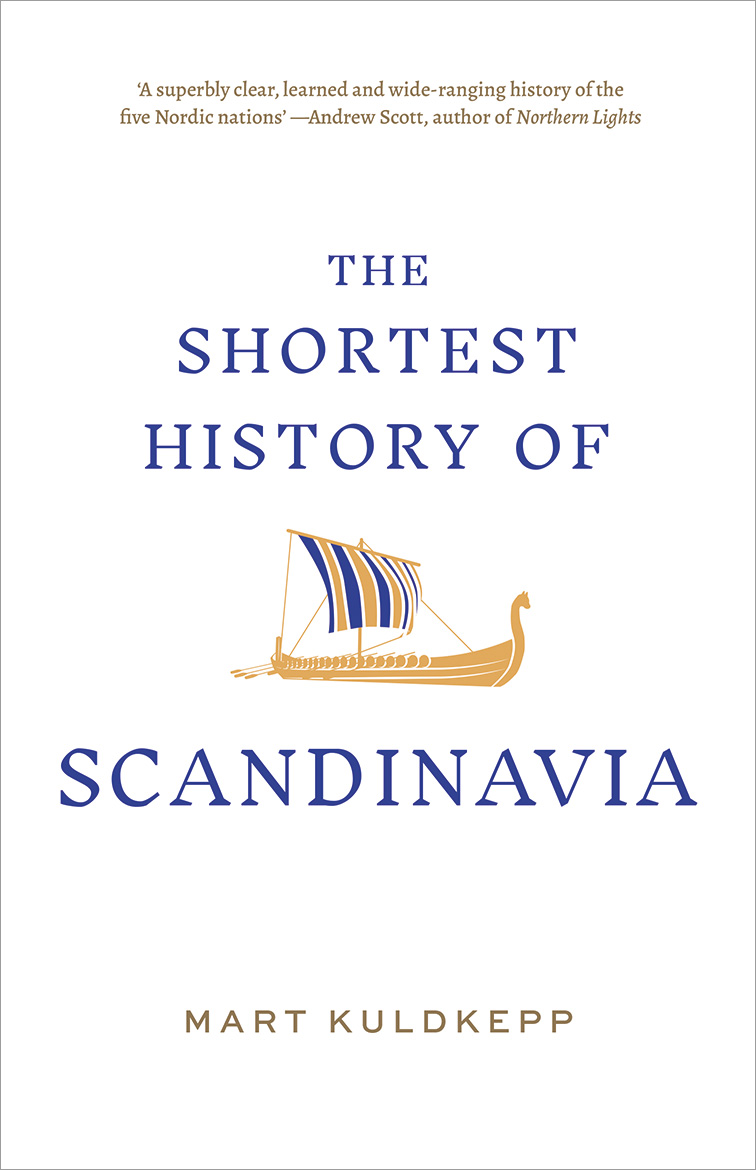



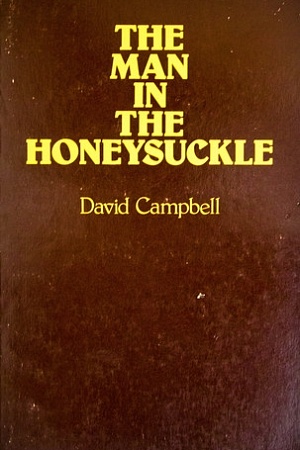


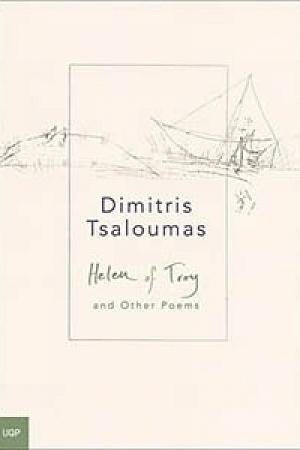
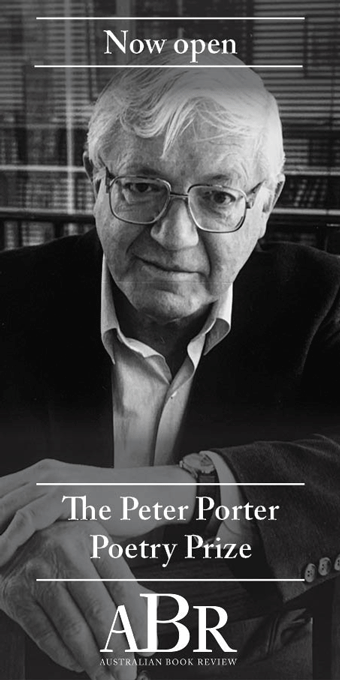
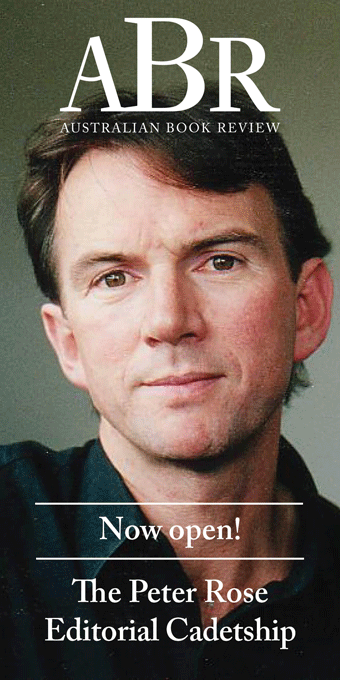
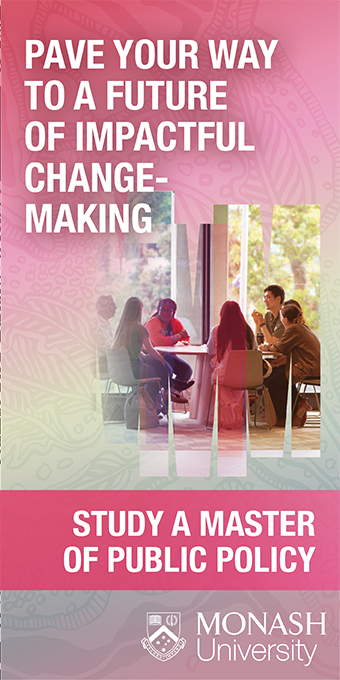
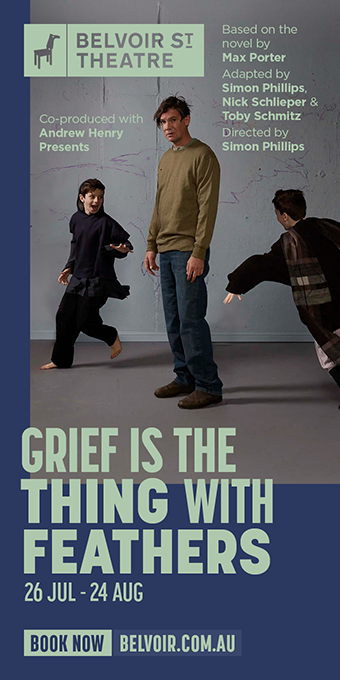
Leave a comment
If you are an ABR subscriber, you will need to sign in to post a comment.
If you have forgotten your sign in details, or if you receive an error message when trying to submit your comment, please email your comment (and the name of the article to which it relates) to ABR Comments. We will review your comment and, subject to approval, we will post it under your name.
Please note that all comments must be approved by ABR and comply with our Terms & Conditions.